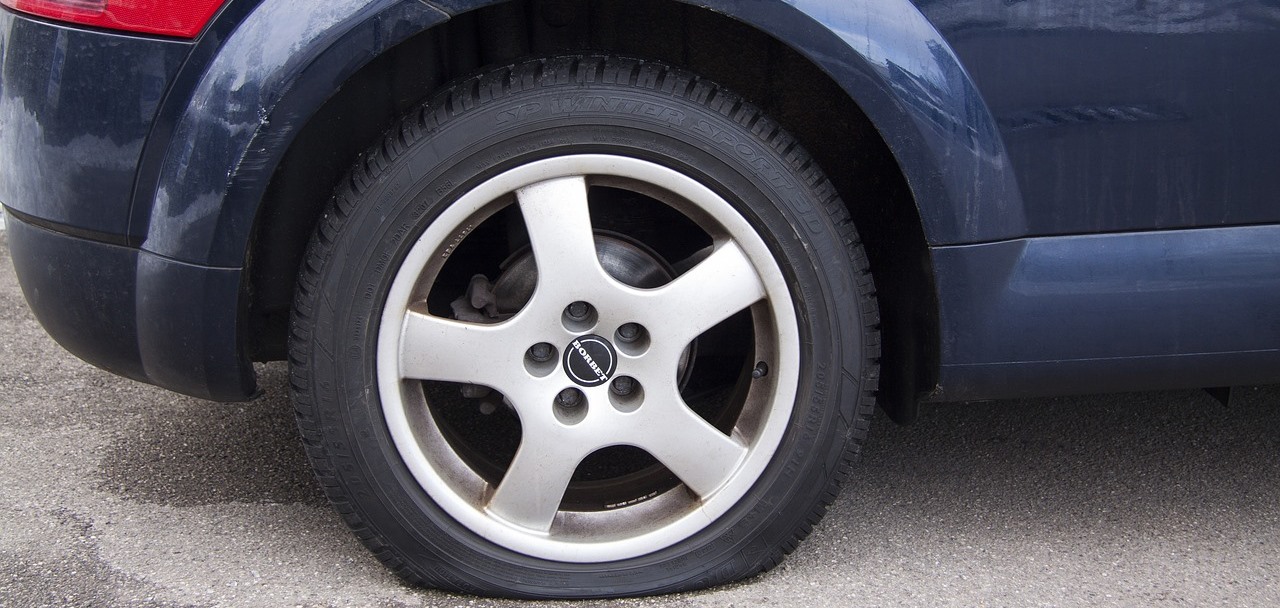
10 Jan The Importance of TPMS Sensors in Your Vehicle
 Tire Pressure Monitoring System (TPMS) sensors are now a standard feature in all modern vehicles. They provide an extra layer of safety and peace of mind on the road. By maintaining proper tire pressure, you not only stay safe but also enjoy benefits such as improved fuel efficiency and reduced environmental impact. This blog will explore the importance of TPMS sensors in ensuring your safety on the road.
Tire Pressure Monitoring System (TPMS) sensors are now a standard feature in all modern vehicles. They provide an extra layer of safety and peace of mind on the road. By maintaining proper tire pressure, you not only stay safe but also enjoy benefits such as improved fuel efficiency and reduced environmental impact. This blog will explore the importance of TPMS sensors in ensuring your safety on the road.
Understanding TPMS Sensors
TPMS sensors are small devices installed in your vehicle’s tires that continuously monitor the tire air pressure levels. The main objective of these sensors is to alert the driver if the tire pressure falls below a certain threshold, indicating the possibility of a puncture or a leakage.
How TPMS Sensors Work
TPMS sensors rely on a combination of sensor technology and wireless communication to provide real-time monitoring of tire pressure. They send data to your vehicle’s onboard computer system. Subsequently, if any tire’s pressure drops below the recommended level, it triggers a warning light on your dashboard.
Most TPMS sensors use either direct or indirect monitoring methods. The direct version measures the tire pressure using pressure sensors within the tire. On the other hand, the indirect version rely on wheel speed sensors and the vehicle’s Anti-Lock Braking System (ABS) to detect differences in the rotational speed of the tires, indicating changes in tire pressure.
Benefits of TPMS Sensors
Having TPMS sensors installed in your vehicle comes with several benefits. Some of the key advantages include:
- Improved safety: Warn drivers about underinflated tires, reducing the risk of accidents due to blowouts, poor handling, or loss of control.
- Extended tire lifespan: Properly inflated tires wear more evenly, resulting in a longer lifespan and reduced tire replacement costs.
- Enhanced fuel efficiency: Proper tire pressure improves fuel efficiency and helps save money on gas.
- Environmentally friendly: Reduced fuel consumption also means lower carbon emissions, contributing to a greener environment.
- Avoid tire damage: Monitor under-inflated and over-inflated tires to avoid premature tire wear, damage, and potential blowouts.
Regular Maintenance and Monitoring
TPMS sensors are highly reliable. However, a qualified technician can evaluate whether the sensors or their batteries need replacing. For your safety, it’s best to regularly check your tire pressure, especially before long trips or when weather conditions change.
Proper Tire Pressure is Critical
Maintaining the correct tire pressure is vital for several reasons.
Safety
It ensures your safety by providing optimal vehicle handling and control. Underinflated or overinflated tires can compromise your ability to steer, brake, and maintain stability, especially in emergencies.
Fuel Efficiency
Proper tire pressure promotes fuel efficiency. According to the U.S. Department of Energy, underinflated tires can decrease gas mileage by up to 3%. By regularly monitoring tire pressure with the help of TPMS sensors, you can maintain optimal inflation, saving both money and the environment.
Schedule Service in Plymouth Meeting, PA
Please pay attention to your TPMS sensors and keep your tires inflated to the recommended levels for a smoother and safer driving experience.
The highly trained technicians at Plymouth Auto & Tire Center will gladly address all your auto tire needs. Call us today at (610) 825-6558 or visit us online to schedule service today!

